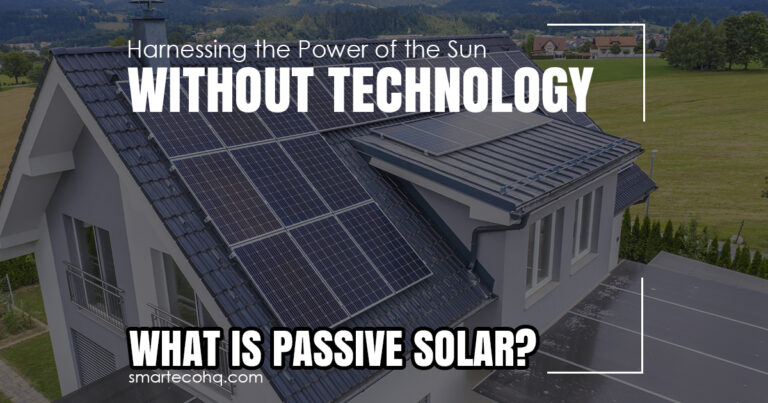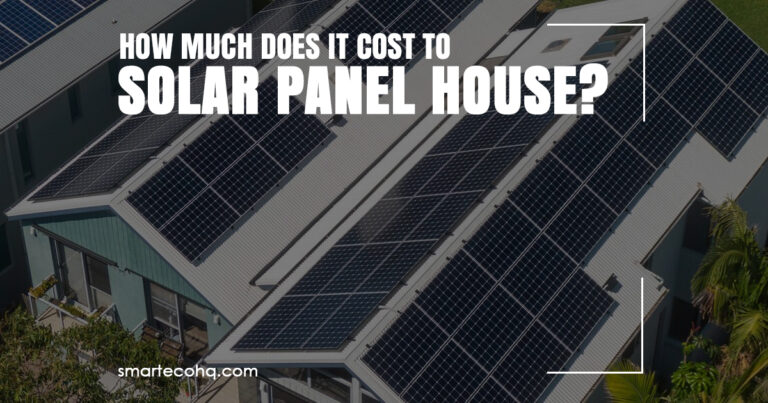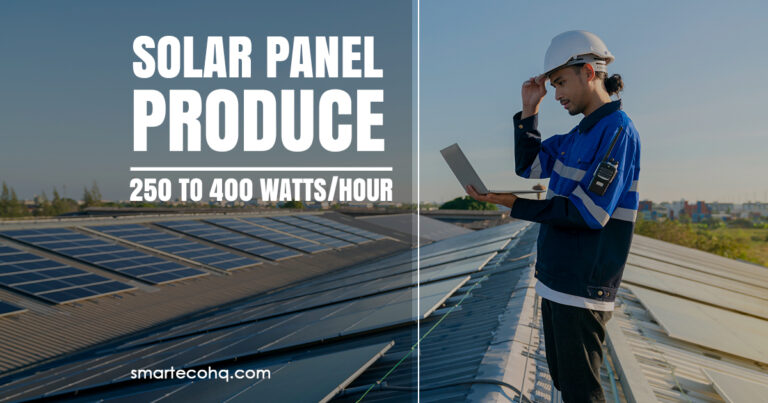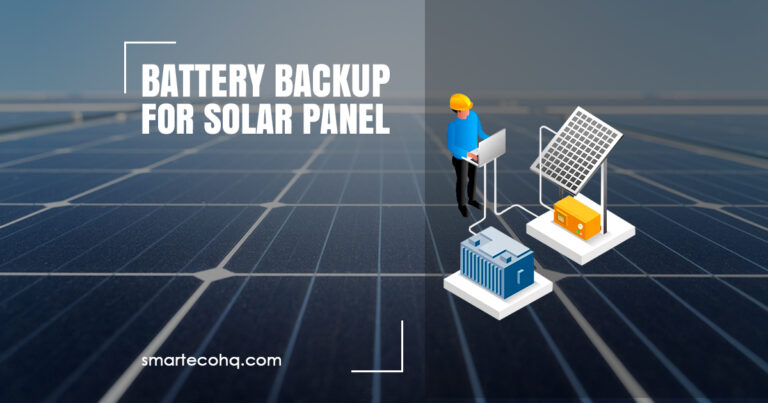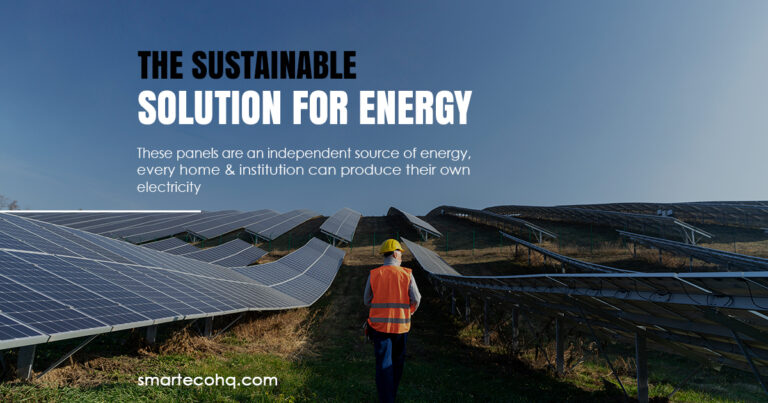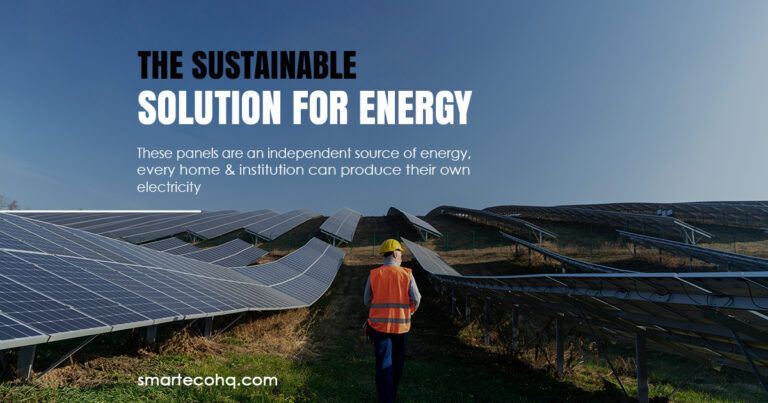Solar 101 : A Complete Guide to Solar Panels for Beginners

Solar -101
Solar energy has become one of the most promising sources of energy in recent years. This is helping the world produce cheaper, cleaner and safer energy. The world is trying to fulfill most of its energy needs with solar energy. This system works by absorbing sunlight & producing electricity by converting it. In this blog Solar 101, we are going to provide you with a complete guide on Solar energy & Solar power systems.
Solar Energy:
Solar energy is energy that is produced by Sunlight. It is a type of renewable energy & is a more clean & sustainable form. It is totally environment friendly & doesn’t emit harmful pollutants.
This energy is generated by the Solar panels, these panels work when they are exposed to sunlight; they absorb the sun’s radiation & convert it into usable energy. This energy can be used to power your homes, businesses, institutions, & even the whole city. It helps you get rid of traditional sources of energy.
Solar Panel:
Solar panels are also known as Photovoltaic Modules or PV panels. These panels are made up of Photovoltaic cells. The arrangement of these cells in a rectangular frame makes an Electrical Panel & the collection of these panels is called a solar panel system.
Structure of Solar Panel-101
Solar Panels basic six material layers include;
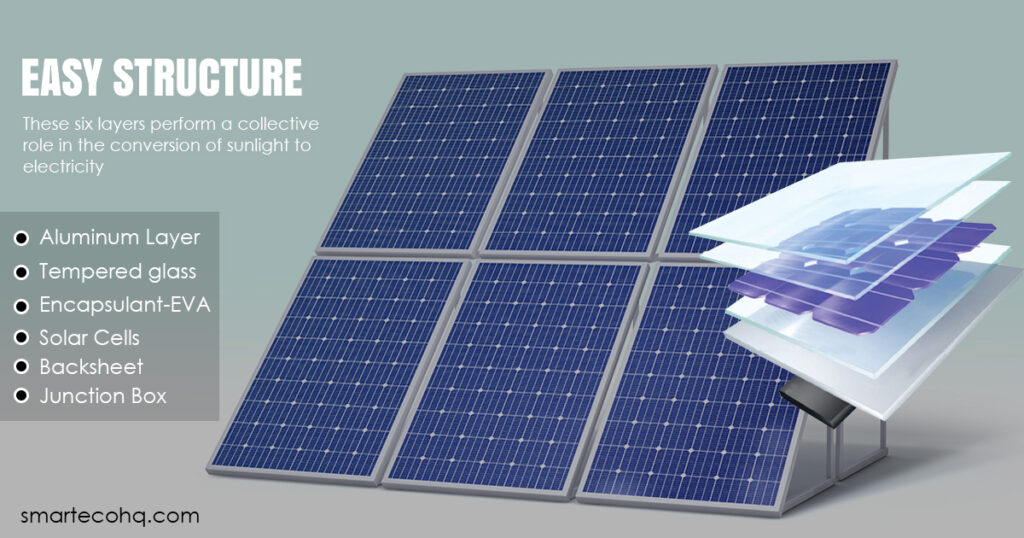
Aluminum Layer:
The Aluminum frame holds together all the components of a panel & protects them from outer damage.
Tempered Glass:
This layer protects the cells from weather damages.
Encapsulant-EVA:
This layer encapsulates the cells in Ethylene-Vinyl Acetate (EVA). It protects the cells from environmental factors & increases the efficiency of solar cells.
Solar Cells:
These are made of good conductors to absorb the sunlight & convert it into usable energy.
Backsheet:
It also protects the cells from moisture & environmental factors.
Junction Box:
It ensures the flow of current to other circuits. In a solar array system it connects panels to an inverter which converts AC to DC.
Components of Solar 101:
Solar System basic components includes;
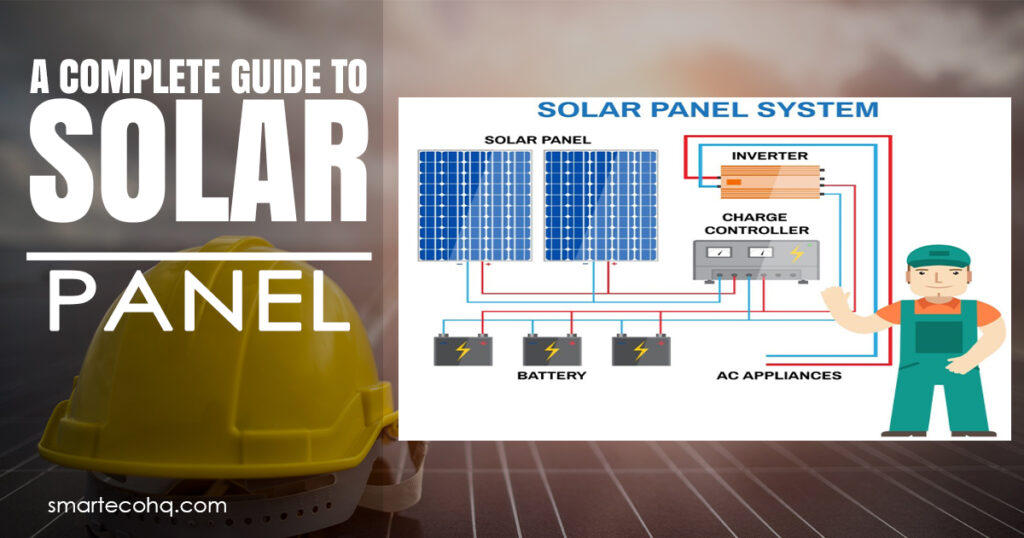
Solar Panels:
Main component which produces electricity by absorbing Sunlight.
Charge Controller:
Controls the battery charging. It prevents batteries from overcharging & undercharging.
Inverter:
The inverter converts the DC power produced by the solar panels into usable AC power that can be used in your home or business.
Battery Storage:
A battery storage system stores excess solar energy for later use.
Monitoring System:
A monitoring system is used to track the energy production of the solar panel system.
AC/ DC Disconnects:
AC/DC disconnects devices used to Disconnect the solar panel system from the electrical grid or home during maintenance or emergencies.
Installation of Solar 101:
As the Solar Power System is an investment so each & every step should be taken very carefully.The question of how to install solar panels and inverters is answered here. For the
Installation process we should consider the following things:
- Obtaining permits from localities
- Estimating the size & cost of the system
- Making the checklist of components
- Considering the best manufacturers
- Hiring a professional team
Once the above things are done,it’s time for the system installation. Choose the best location where maximum sunlight can reach the panels & there is no shading.The installation process would be done in the following steps.
- Make the system’s design
- Install the main components( Panels, Charge Controller, Inverter, Batteries, AC/DC Disconnects & Monitoring devices)
- Connect the System Through wiring
- Test & Activate System
- Maintenance of Solar System:
Maintenance of Solar 101:
Maintaining solar panels is not a difficult task, but it is important to do it correctly to ensure that the panels continue to function efficiently. Here are some measures you should take to resolve your Solar System Maintenance issues:
- Clean Your Solar Panels for efficient working.
- Check Your Inverter for error codes & warnings.
- Inspect Your Mounting System for any repair to be needed.
- Install Energy Production Monitoring Devices to Check the ups & downs of energy.
- Inspect the wiring for any damage & replacement.
- Schedule Expertise consultation to ensure the system is working properly.
Benefits of Solar Power 101:
Installation of Solar System gives you plenty of benefits including;
Renewable Energy:
It is a renewable source of energy & there is no fear of its extinction.
Energy Independence:
Can generate electricity according to our needs & less dependence on grid stations.
Reduce Electricity Bills:
As less energy is used from the grid stations so an obvious reduction in electricity bills.
Low Maintenance:
The system requires less maintenance about twice in a year .
Eco Friendly:
It generates electricity using Sunlight & emits no harmful gasses & pollutants.
Increase Property Value:
Properties with solar power systems are often valued higher in the market, as they are seen as more desirable and sustainable.

